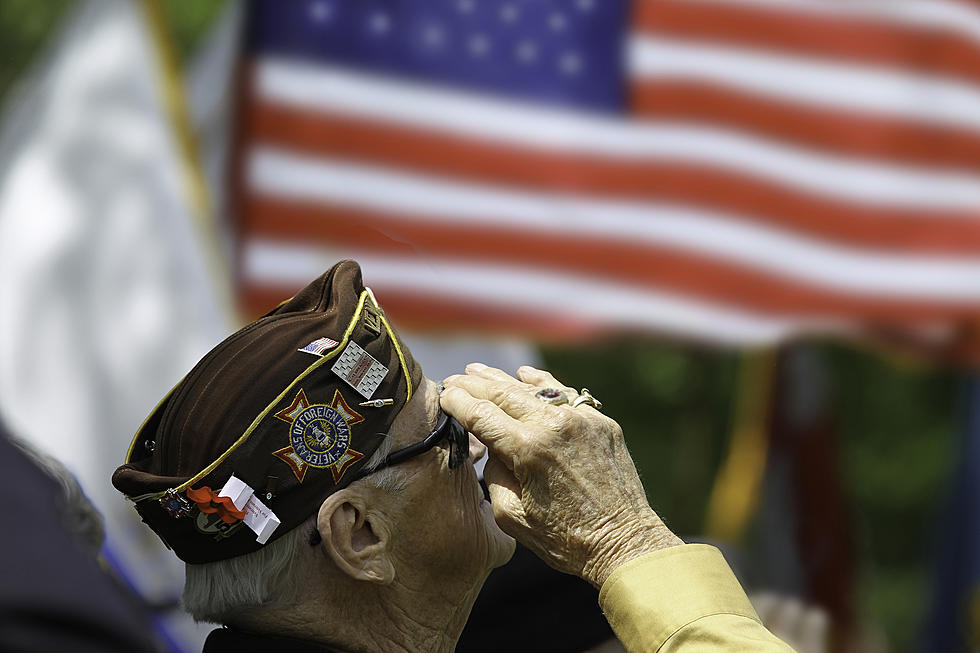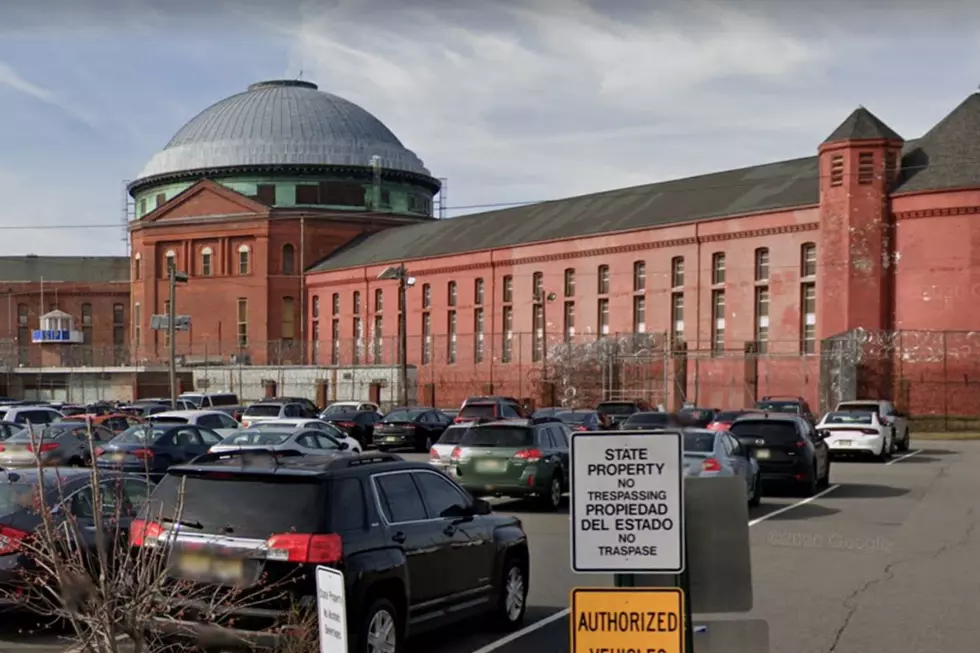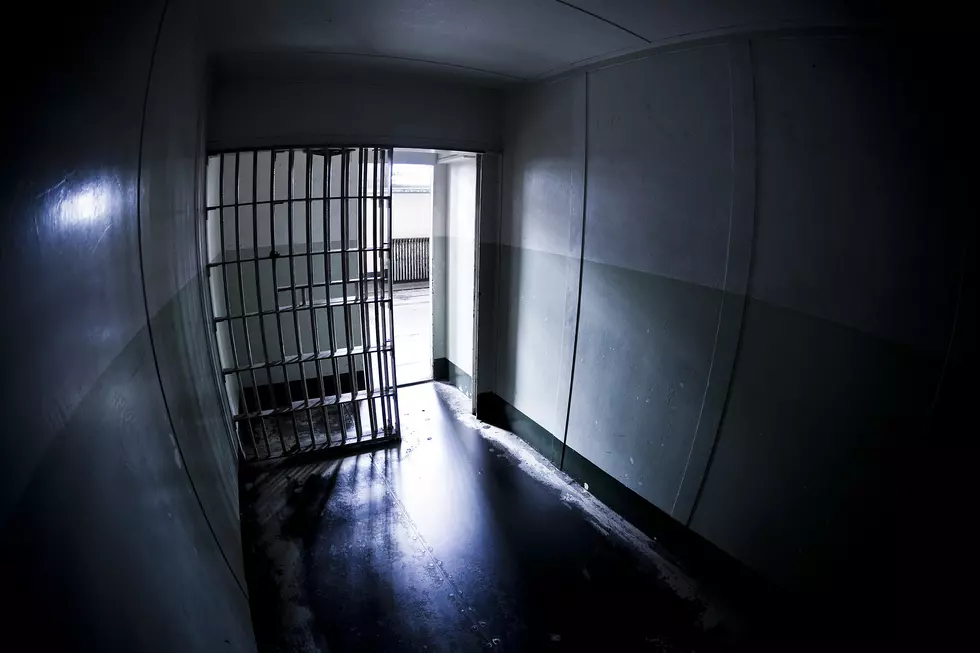
NJ program helps war veterans tangled with the law or addiction
The New Jersey Reentry Corporation is launching the Veterans Justice Outreach Initiative to provide services to veterans who are being released from state prison, county jail or addiction treatment centers.
NJRC Chairman and former Gov. Jim McGreevey said many vets coming home from places like Afghanistan or Iraq have suffered mental health and behavioral illnesses. Some of them may have faced dishonorable discharge because of addiction.
There are 267 vets enrolled in the NJRC. These are both men and women who are court-involved and who suffered depression and anxiety from PTSD or addiction.
McGreevey said working with The American Legion, VFW, The Marine Corps League as well as the Veterans Administration and other veterans organizations, the goal is to make sure that these veterans are cared for, that they have health care benefits, access to housing, and where possible job training. At a minimum, he said they need to feel secure, safe and have access to prescription drugs.
"Our goal is to make sure that everyone who has ever worn the uniform of the United States and has placed himself in harms way, is cared for," McGreevey said.
Between 8% and 9% of veterans in New Jersey are court-involved, he said. The Reentry Corporation has a moral obligation to help them.
McGreevey said it's important for people to understand that for many of these vets who were both honorably and dishonorably discharged, the trauma of war was too much.
"So the responsibility of NJ Reentry is to make sure they have access to medical care, to addiction treatment, to mental health care and that they are least protected and safe and God willing, put on a path to recovery," McGreevey said.
A tear-filled McGreevey also said he's met many vets who saw their friends get blown up right in front of their eyes. They made a mistake by turning to drugs, anything they could get their hands on, just to get through the war. He said they deserve another chance at turning their lives around.
Sometimes it's just a basic, low-paying job to keep them busy, he said.
McGreevey said it's important to work with all the partners to help vets have the quality of life they deserve for having worn the nation's uniform.
LOOK: What major laws were passed the year you were born?
More From New Jersey 101.5 FM









